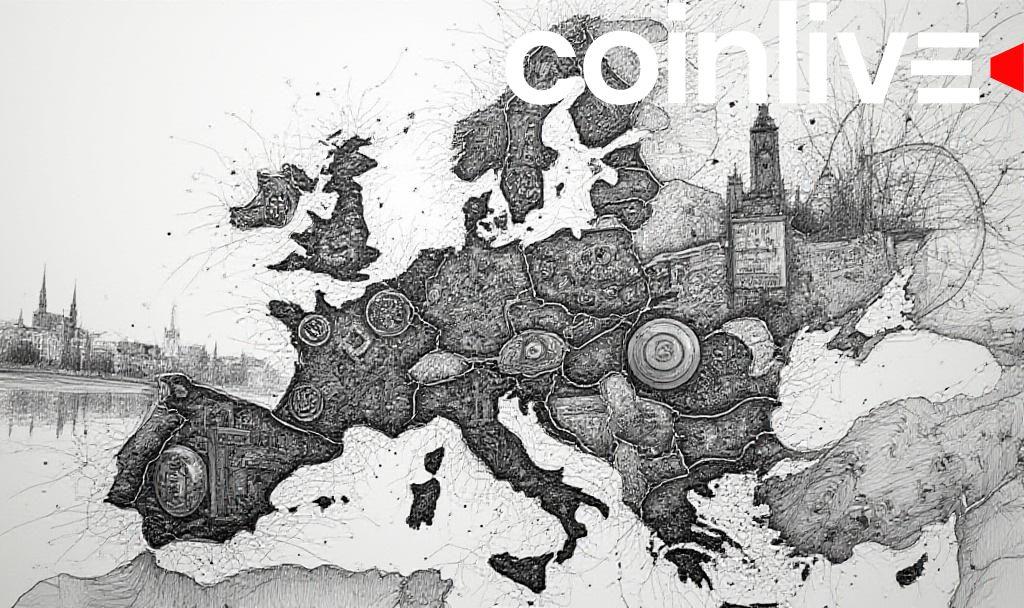- Coinbase gains MiCA license for European operations.
- Shares rose nearly 5% on the news.
- License boosts regulatory clarity across Europe.

Coinbase’s MiCA licensing signifies a major step in its strategy to expand regulated crypto operations throughout Europe, signaling increased confidence and potential growth among investors and cryptocurrency markets.
Coinbase, a leading cryptocurrency exchange, has been authorized to operate under MiCA regulations by Luxembourg’s Commission de Surveillance du Secteur Financier. This license enables Coinbase to offer its full suite of crypto products across all 27 EU member states. The decision places Luxembourg as a key hub, reflecting its forward-thinking regulatory environment, as mentioned in Coinbase’s statement highlighting the region’s commitment to innovation in the financial sector.
“Luxembourg has long been a forward-thinking financial hub, demonstrating an unwavering commitment to fostering innovation. By choosing Luxembourg, we’re positioning ourselves in a jurisdiction that understands the needs of the crypto industry and excels in regulatory clarity.” – Coinbase Statement
The approval has resulted in a nearly five percent surge in Coinbase’s share prices, indicating positive market sentiment. The increased accessibility for European investors, both retail and institutional, is expected to elevate participation in major cryptocurrencies like Bitcoin and Ethereum.
Financially, the license underscores Coinbase’s commitment to comply with emerging EU crypto regulations. Establishing a base in Luxembourg demonstrates its alignment with proactive regulatory frameworks, potentially increasing liquidity and trading volumes across European markets. Historically, such regulatory clarity has driven engagement and bolstered market activity.
As European regulatory dynamics evolve, Coinbase’s alignment with compliance prerequisites may serve as a precedent for other exchanges, paving the way for enhanced institutional adoption and greater stability in digital asset markets. The move could stimulate further investments and engagement within the EU’s growing crypto landscape.








